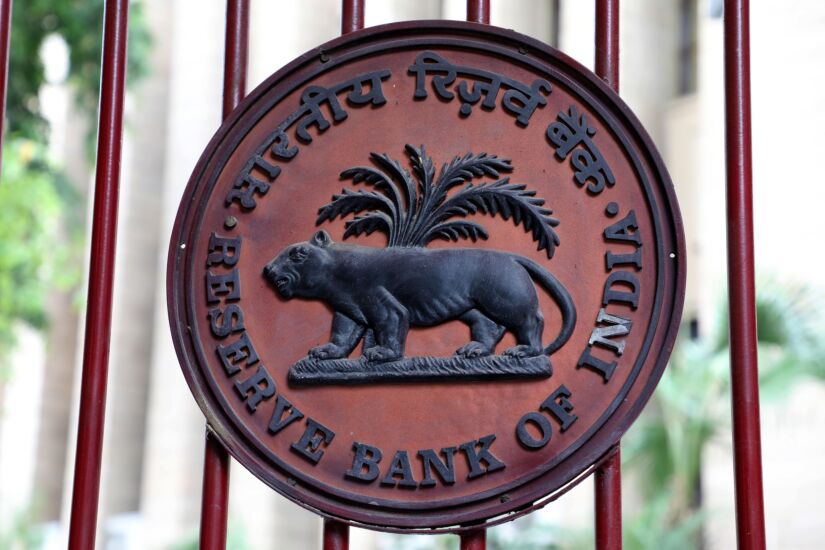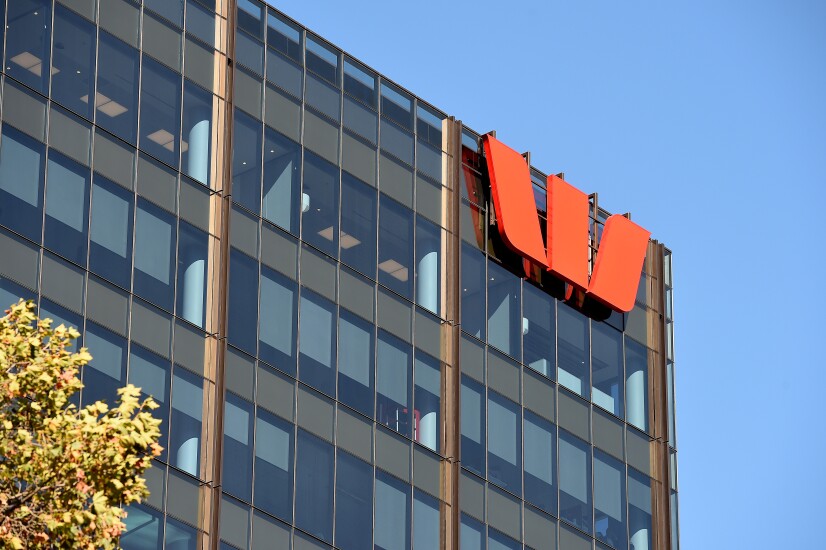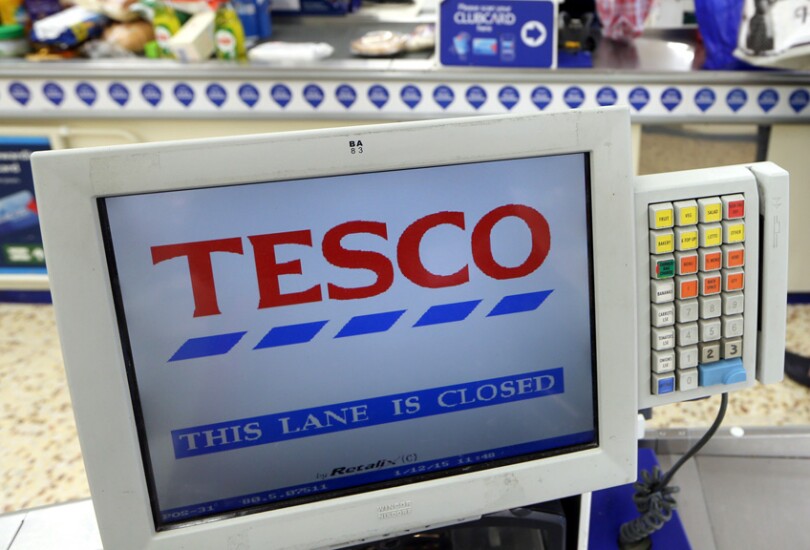The major U.S. card networks are pursuing financial inclusion in Egypt, the Reserve Bank of India works to bring central bank digital currencies to more users, and other news in this week's global roundup.

India wants to make CBDCs operable in non-digital locations

Visa connects with Egypt's central bank to boost remittances

Mastercard expands its reach in Egypt

Westpac targets power-of-attorney abuse

Barclays to acquire Tesco’s retail bank, grocer vows buyback
The move comes just weeks after Barclays Chief Executive Officer C.S. Venkatakrishnan said the firm will likely have to grow in areas like retail banking in order to shrink the investment banking unit's share of the bank's overall business as part of his bid to boost the lender's share price. The company is planning to unveil a series of new financial targets at an investor event later this month.
The transaction includes £4.2 billion of credit-card receivables, £4.1 billion of unsecured personal loans and £6.7 billion in customer deposits. The two companies will also enter into a 10-year deal that allows Barclays to use the Tesco brand to market and distribute credit cards, unsecured personal loans and deposits, according to the statement. The transaction, subject to regulatory approvals, is expected to complete in the second half of 2024. —Jenny Surane and Jan-Henrik Förster, Bloomberg News





